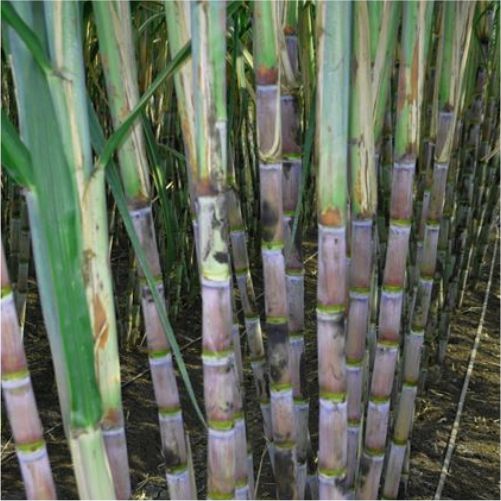Bengaluru: A recent study published in the American Journal of Kidney Diseases has shed light on a concerning health issue affecting farming communities in countries such as India and Sri Lanka, reported The Times of India.
The study reveals that the burning of sugarcane crops may be linked to mysterious kidney diseases in these regions.
As per the media report, the research suggests that the practice of burning sugarcane and rice husks releases toxic substances, which may contribute to kidney damage. Specifically, tiny silica particles released from sugarcane ash can be inhaled or ingested after infiltrating groundwater. This leads to inflammation and the development of chronic kidney diseases.
Even individuals without direct exposure to sugarcane ash were found to suffer from kidney problems, likely due to the consumption of contaminated water. Reports indicate that silica levels in the water supply in areas endemic to Chronic Kidney Disease of Undiagnosed Etiology (CKDu) are elevated in both India and Sri Lanka. Interestingly, the study notes that countries like Cuba, which also harvest sugarcane, have not reported cases of CKDu.
While silica appears to be a potential contributor to kidney harm, the study suggests it may not be the primary driver. Researchers postulate that a combination of factors, including heat stress, agrochemical exposure, and silica, could be responsible for the disease.












